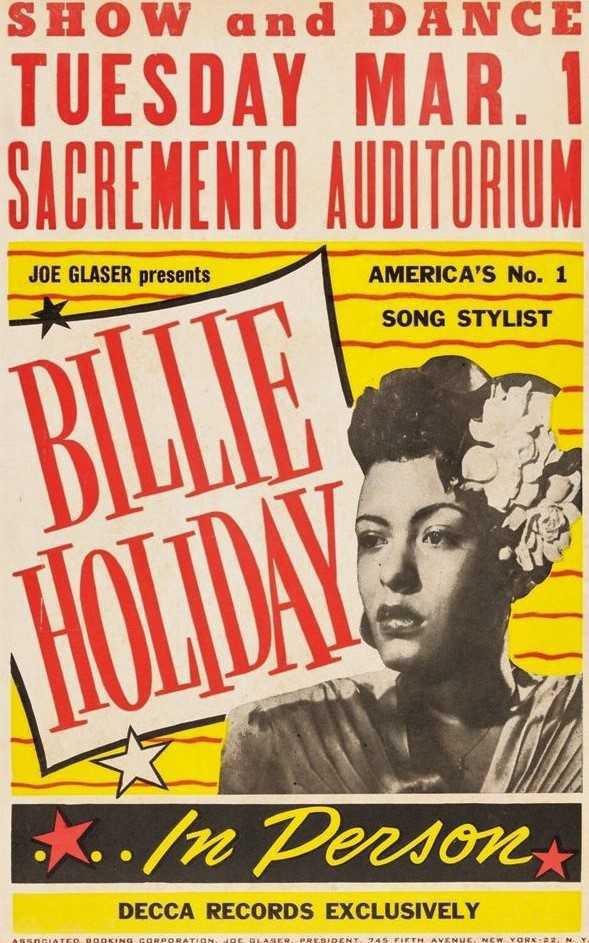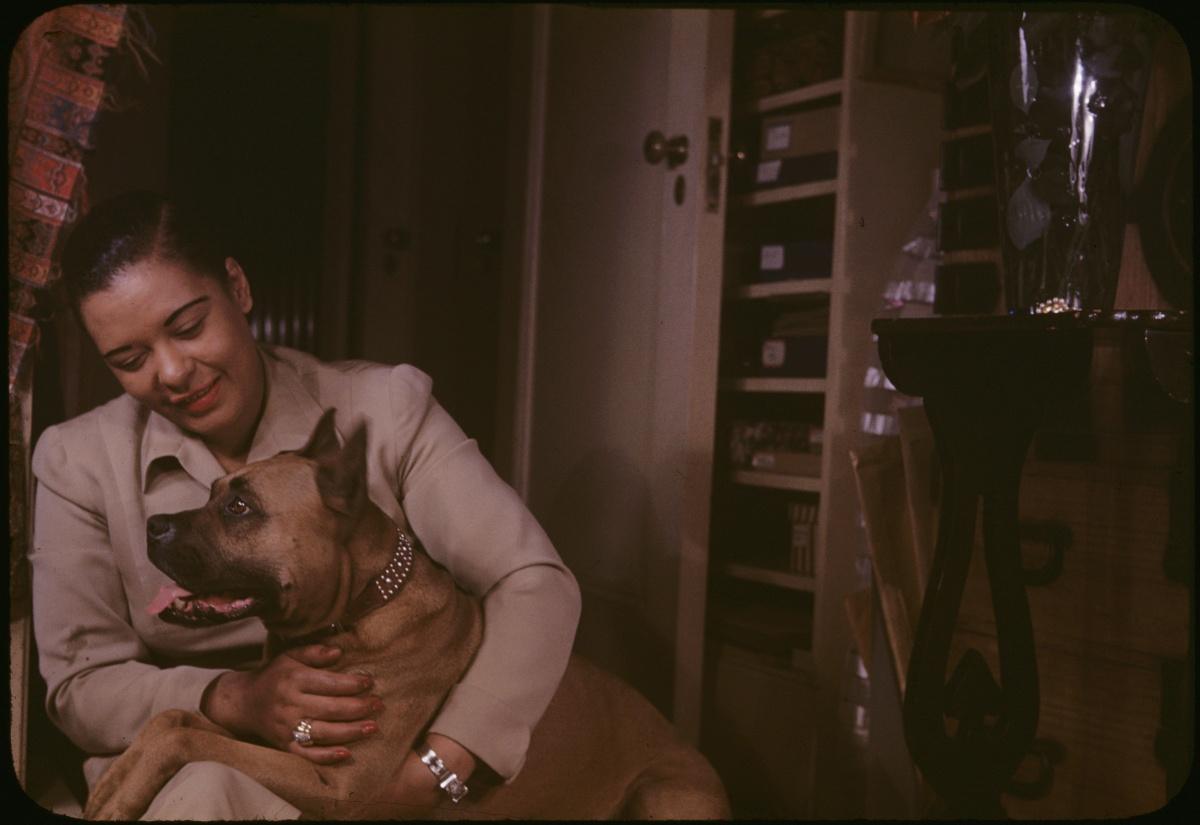Billie Holiday, born Eleanora Fagan in 1915, emerged from hardship to become one of the most influential jazz vocalists of the twentieth century. Raised in poverty in Baltimore, her early life was marked by instability, abuse, and the struggle to find stability in a society that offered little support to Black women. Yet, it was precisely from this crucible of pain and resilience that her distinctive artistry would take shape. Holiday’s voice was not trained in the classical sense, but it was unforgettable—raw, intimate, and expressive in ways that resonated with both the sorrow and beauty of lived experience.
By the early 1930s, Holiday began singing in Harlem clubs, where her singular phrasing and emotional depth quickly set her apart. Discovered by producer John Hammond, she recorded with Benny Goodman and later joined Count Basie’s orchestra, gaining national attention. In a time when the jazz scene was dominated by male bandleaders and instrumentalists, Holiday commanded respect as a vocalist who could transform even simple lyrics into deeply personal narratives. She didn’t just sing songs; she inhabited them, bending melodies with her subtle sense of rhythm and phrasing.
Perhaps her most defining musical relationship was with saxophonist Lester Young. Young famously nicknamed her “Lady Day,” while she in turn called him “Prez.” Their musical chemistry was undeniable—his smooth, understated lines perfectly complementing her haunting vocals. Together, they crafted performances that were both elegant and emotionally charged, setting new standards for jazz as an art form of deep emotional storytelling. Holiday and Young exemplified how jazz could transcend entertainment to become a dialogue of souls.
Holiday’s career, however, was never divorced from the social realities of her time. In 1939, she first performed “Strange Fruit,” a chilling anti-lynching song based on a poem by Abel Meeropol. With stark imagery of “black bodies swinging in the Southern breeze,” the song confronted audiences with the brutality of racism in America. While many clubs resisted letting her sing it, Holiday insisted, often ending her sets with the haunting ballad under a single spotlight. “Strange Fruit” was not only a protest anthem but also a pioneering example of music as political witness.
Yet, as her fame grew, Holiday faced relentless struggles. Racism followed her everywhere—from being denied entry into venues where she was scheduled to perform, to humiliating experiences while touring the segregated South. Her personal life was turbulent as well, marked by abusive relationships and the numbing escape of drugs and alcohol. The U.S. government targeted her specifically in its so-called “war on drugs,” seeing in her addiction a way to control and punish an outspoken Black woman. In 1947, she was arrested and imprisoned, losing her cabaret license and with it the ability to perform in venues that served alcohol—an economic and emotional blow that crippled her career.
Despite these obstacles, Holiday continued to perform with passion and artistry. Her later recordings, though her voice had grown thinner and raspier due to years of substance abuse, carried an even deeper emotional resonance. Songs like “You’ve Changed” and “Don’t Explain” captured an honesty that made her audience lean in closer, as if privy to confessions of heartbreak and survival. Critics often remarked that even in her decline, Holiday’s performances revealed more truth than polished vocal perfection ever could.
Holiday’s impact on future generations of musicians cannot be overstated. She paved the way for vocalists like Nina Simone, Aretha Franklin, and Amy Winehouse, who drew from her ability to fuse vulnerability with strength. Her fearless approach to singing—where the cracks in the voice became part of the storytelling—redefined what it meant to be a great performer. She taught the world that music was not merely about beauty, but about truth.
Her life ended tragically young. In 1959, Holiday died at age 44 in a New York hospital, under police guard, with barely any money to her name. The same government that had hounded her with drug charges had seized her possessions, and she was denied the dignity owed to someone of her cultural stature. Yet, her funeral drew thousands of mourners, and over time her legend grew. Holiday became both a cautionary tale and an icon of resilience, her artistry refusing to be diminished by the cruelty she endured.
In the decades since her death, Billie Holiday has been immortalized not only as a jazz singer but as a symbol of artistic integrity in the face of oppression. She was inducted into the Rock and Roll Hall of Fame, and “Strange Fruit” has been preserved as one of the most important recordings in American history. Scholars, musicians, and listeners alike continue to revisit her catalog, hearing in her voice not just the pain of one woman but the story of a people navigating the contradictions of beauty and brutality in America.
Billie Holiday remains a figure who defies easy categorization. She was both vulnerable and defiant, flawed yet transcendent, a woman who poured her very soul into her music. To listen to her today is to be reminded that history lives in voices—that art can bear witness to injustice and still create moments of profound beauty. Lady Day’s legacy is not only in the songs she left behind, but in the way she taught the world to listen differently, more deeply, to the human heart.


